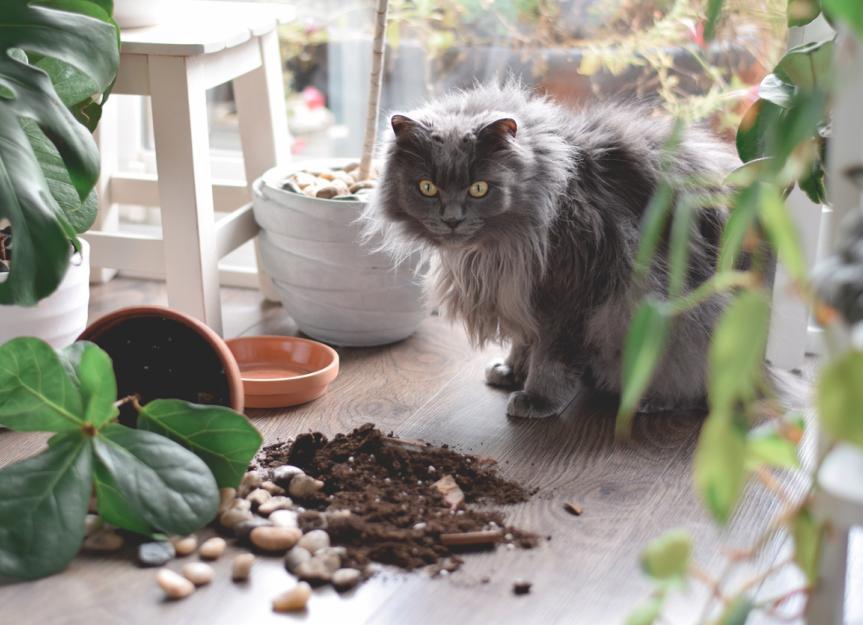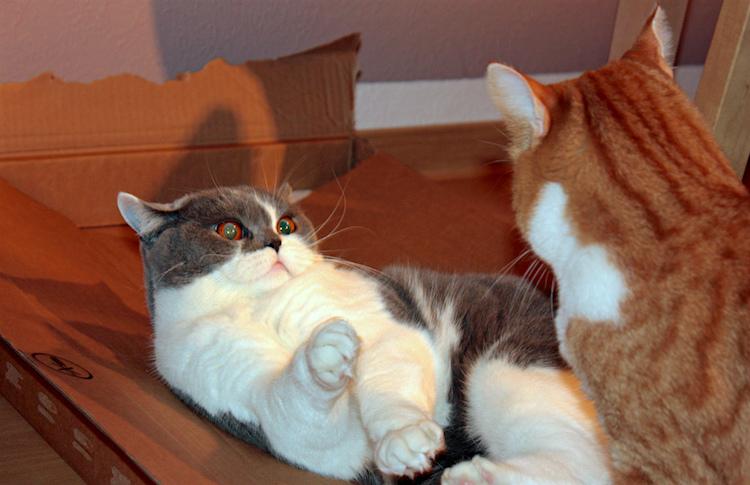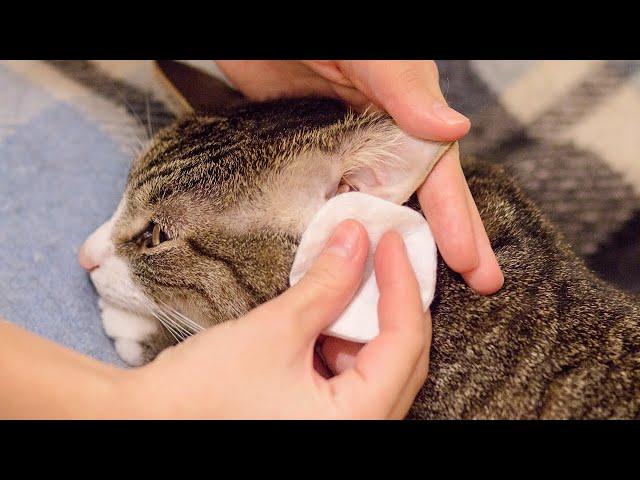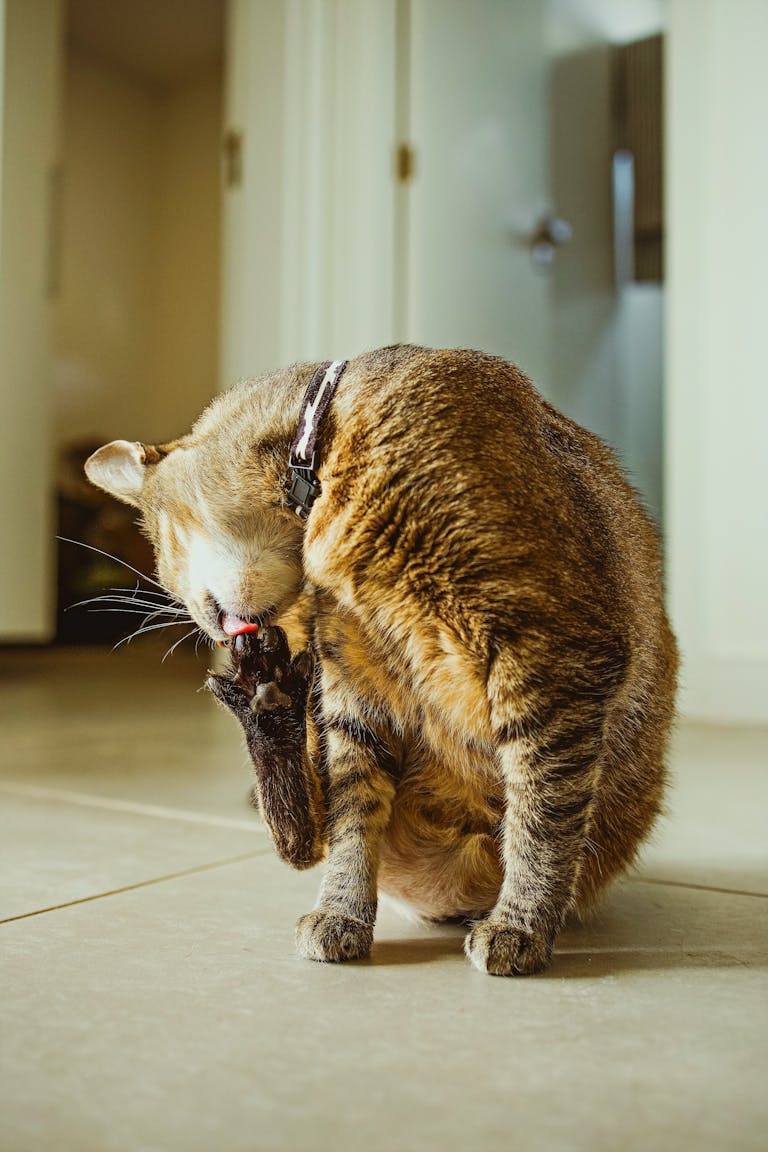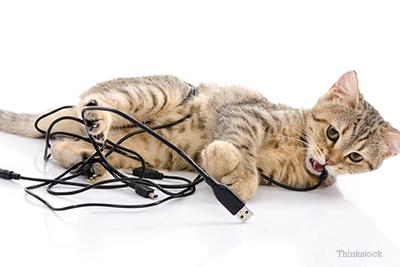Why Do Cats Knock Things Over?
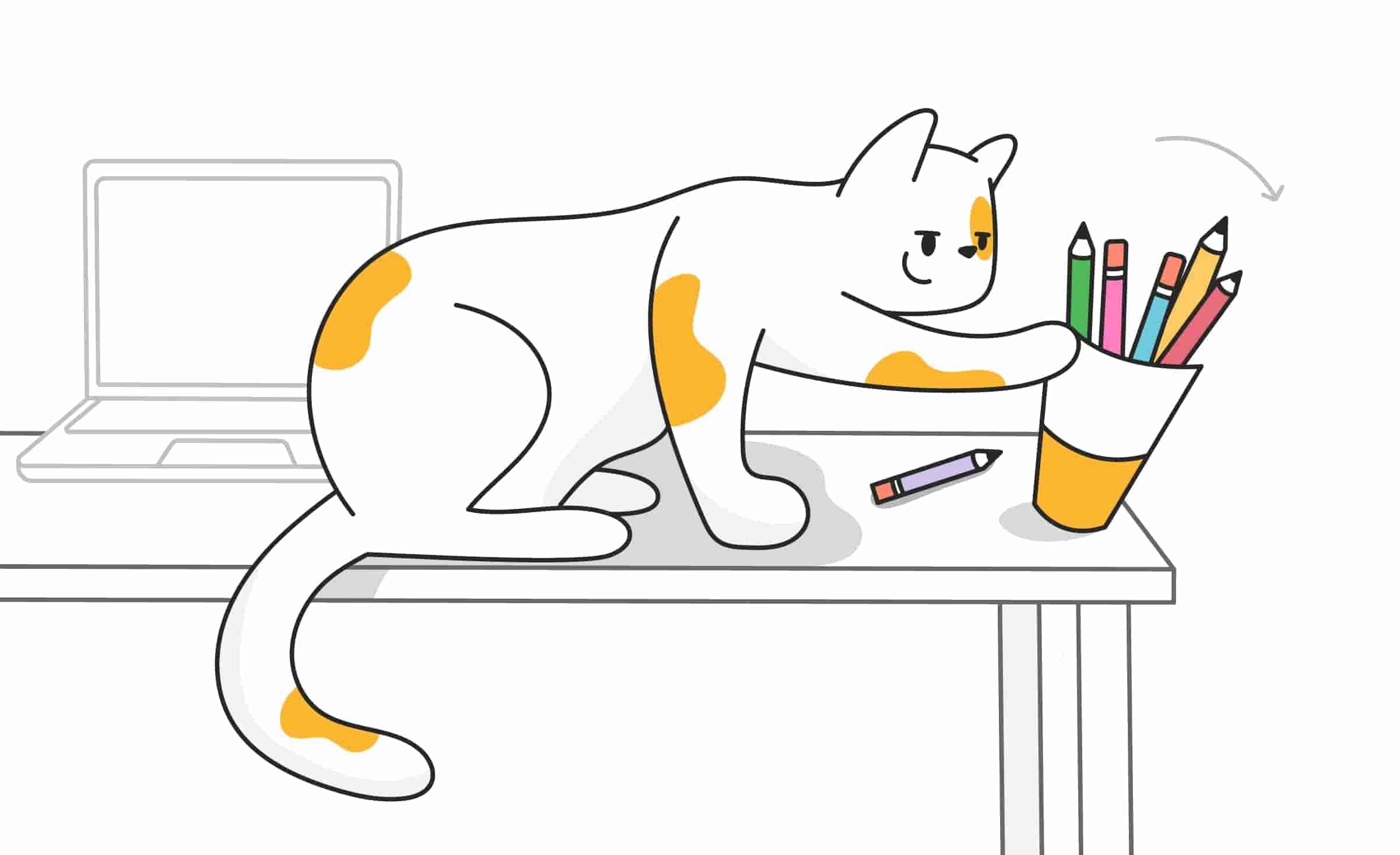
Why Do Cats Knock Things Over? Understanding Your Cat’s Mischievous Behavior
Cats have a reputation for being quirky, independent, and sometimes downright mischievous. One of the most bewildering and amusing feline habits for cat owners is when their cats knock things over — your glass of water, that lovely vase, or even the TV remote. If you’ve ever wondered why cats knock things over, you’re not alone. This common feline behavior has multiple explanations, grounded in their natural instincts, cognitive development, and simply their way of interacting with the world around them.
The Science Behind Cats Knocking Things Over
Cats knocking objects off tables and shelves might seem like simple mischief. Still, there are deeper reasons rooted in their evolutionary biology and curiosity.
1. Curiosity and Exploration
Cats are naturally curious animals. Knocking items over is their way to test and explore objects. The tactile feedback when an object falls or the sound it makes helps them understand their environment better. This behavior can be traced back to their hunting instincts where they use their paws to test prey’s reaction.
2. Seeking Attention
If your cat notices that knocking things off the table earns your immediate attention—whether scolding or pick-up—they might repeat the behavior. Cats quickly learn that this action is an effective way to engage with their humans.
3. Instinctual Hunting Behavior
In the wild, cats hunt by pawing at small moving objects, such as mice or birds. Knocking things over mimics this natural hunting behavior, allowing domestic cats to exercise natural predatory instincts even though their prey is often just household items.
4. Playful Energy Release
Many cats use knocking objects down as part of their playtime or to release pent-up energy. This activity can be particularly common in younger cats or indoor-only cats with less stimulation.
5. Testing Cause and Effect
For kittens and younger cats especially, knocking things over is a game of discovery. They learn important lessons about cause and effect, which helps with cognitive development and understanding their physical environment.
Common Triggers for Cats Knocking Things Over
- Objects placed near edges or unstable surfaces
- Items that glisten or move slightly (like pens or cords)
- Boredom or lack of mental stimulation
- Seeking attention or interaction from owners
- Stress or anxiety-related behaviors
Benefits of Understanding This Behavior
Recognizing why cats knock things over is essential for developing empathy and creating a tolerant environment for your feline friend. It can help you provide proper stimulation and reduce undesirable behavior without resorting to punishment.
| Benefit | Description |
|---|---|
| Improves Bonding | Understanding your cat’s habits fosters patience and strengthens your relationship. |
| Better Environmental Setup | You can cat-proof your home by moving fragile objects to safer spots. |
| Promotes Mental Health | Providing outlets like toys or interactive play minimizes destructive behavior. |
| Reduces Stress | Recognizing the causes can help reduce anxiety-induced knocking behavior. |
Practical Tips to Prevent Cats from Knocking Things Over
If your cat’s tendency to knock over objects is driving you crazy, there are effective strategies you can employ to mitigate this behavior without frustrating your feline companion.
- Secure fragile items: Place delicate objects on high shelves or inside cabinets out of your cat’s reach.
- Provide plenty of playtime: Engage your cat with interactive toys like feather wands, laser pointers, and puzzle feeders to reduce boredom.
- Use cat-friendly surfaces: Provide cat trees or shelves where cats can explore and perch.
- Remove tempting items: Keep pens, cords, and small items off tables and counters.
- Positive reinforcement: Reward good behavior with treats and attention, redirecting their energy away from knocking things over.
- Environmental enrichment: Offer stimulating toys that challenge their instincts and intellect.
Case Study: How One Cat Owner Managed the “Knocker”
Jane, a cat owner from Ohio, struggled with her 2-year-old Siamese named Max, who would knock glasses, plants, and books off every flat surface. After researching feline behavior and consulting with a vet, Jane implemented several changes:
- Installed floating shelves high up for Max to climb.
- Switched to heavier, non-breakable containers around the house.
- Dedicated 30 minutes daily to interactive play sessions.
- Removed clutter from counters and tables.
Within two weeks, Max’s knocking behavior decreased significantly, and their bond grew stronger as Jane better understood his needs and instincts.
First-Hand Experience: A Cat Owner’s Perspective
“At first, I was so annoyed every time my cat Charlie knocked something over. But then I realized he wasn’t being naughty — he was just curious and bored. Once I invested time in toys and gave him more attention, the chaos calmed down. It’s part of what makes cats so lovable and unique.” — Emma R.
Conclusion: Embrace the Quirks of Your Feline Friend
While cats knocking things over might test your patience, understanding the underlying reasons for this behavior makes it easier to respond with love and care. Remember, this behavior is often driven by curiosity, playfulness, and natural instincts. With patience, enrichment, and a little preventative setup, you can minimize damage and enjoy the playful company of your cat.
By embracing their quirks and catering to their needs, you not only create a safer home but also deepen the bond with your feline companion—making your home a happier place for both of you.

